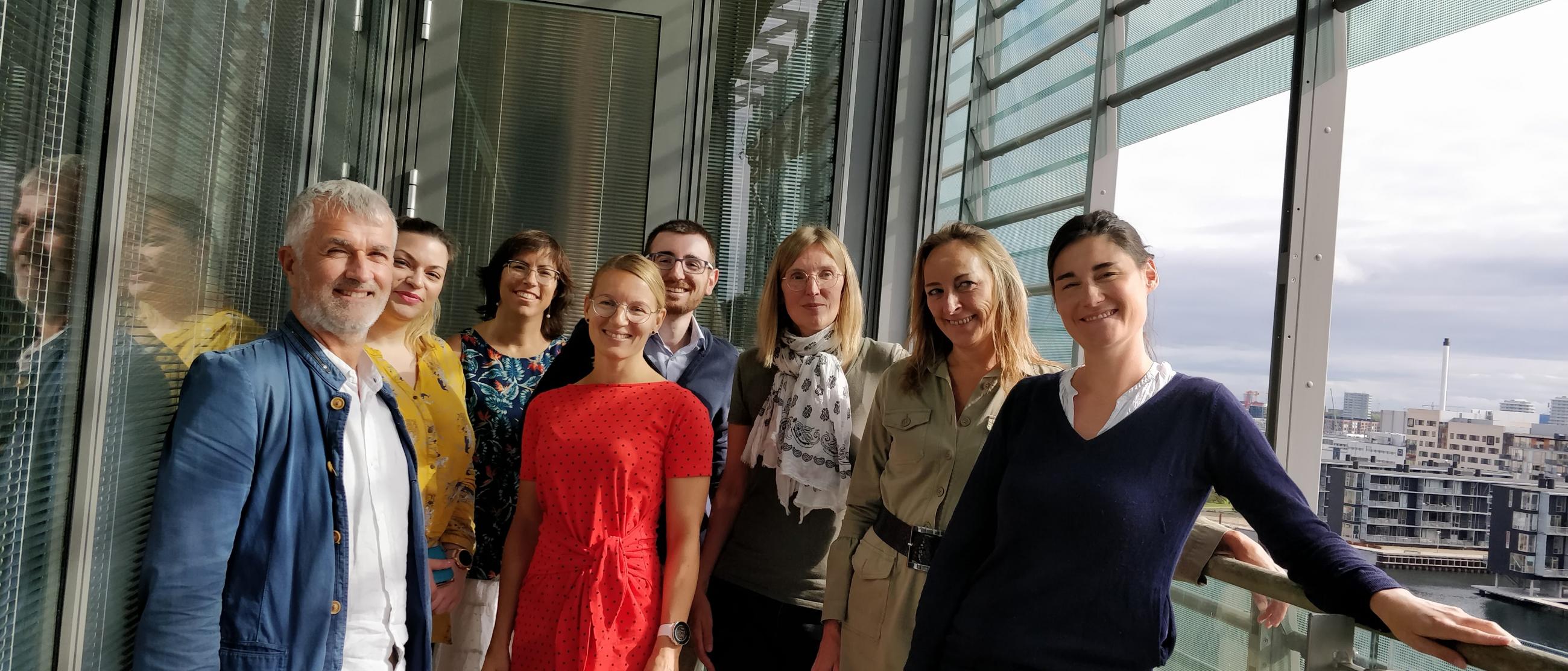Integrating Open and Citizen Science into Active Learning Approaches in Higher Education
In 9th of September 2019 the new three year ERASMUS+ project INOS(Integrating open and citizen science into active learning approaches in higher education) started with the kickoff meeting in Copenhagen, Aalborg University.

The project is piloting open and citizen science activities in higher education context and develops learning activities, methodologies and resources for citizen science and open innovation activities in Higher Education context. Project contributes in increasing public engagement of HE students and staff to the society. The project is led by Aalborg University, the Multisensory Experience Lab and Service System Design research groups are participating.
Tallinn University, School of Digital Technologies Center for Educational Technology researchers(docent Kai Pata and researcher Külli Kori from CEITER working group) intend to test out in the project the open citizen science activities in Higher Education context, and involving the schools through the Citizen Science Competence Centre established in Pelgulinna Gymnasium through Klass + Project.
The other partners are University of Oulu, Learning and Educational Technology(LET) research unit who brings to the project collaboration methodologies of active learning; Université de Bordeaux Innovation Department who contributes with their innovation spirited activities such as scientific game jams, Hacketafac’s, Innovation club and Baityschool in Higher Education settings; Web2Learn from Greece; and European Network of Research Libraries(LIBER), who has strong expertise in open science and has currently launched the working group of citizen science.
The team is going to develop the methodological frameworks for open knowledge building activities and open innovation activities in higher education context, which are opened to the external societal stakeholders. In the 2020-2021 study year the activities will be piloted among the partner universities. The best practice guidelines will be developed how to innovate higher education teaching to make use of open science and citizen science principles and methods.